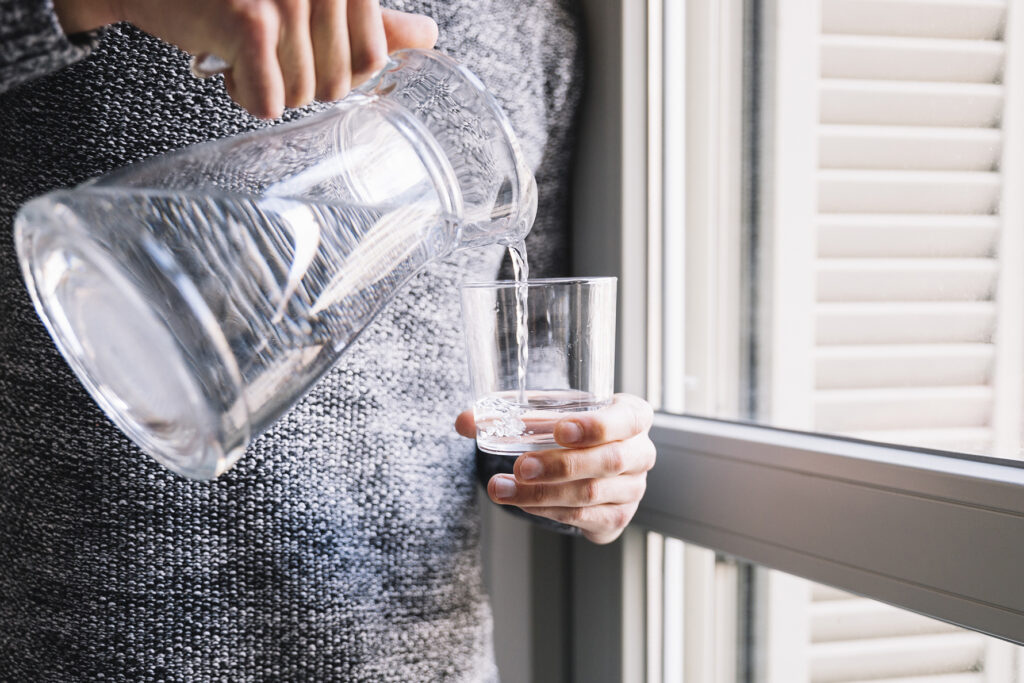The quality of the water we consume is essential for our health and well-being. Contaminated water may contain bacteria, viruses, heavy metals, and other harmful substances that can pose a serious risk to human health.
In this article, we will explore the different types of water treatment equipment, the importance of material quality, the necessary maintenance, and how to ensure that the water we drink is always hygienically safe.
Types of Water Treatment Systems
There are various types of equipment available on the market, each designed to meet specific needs. Here is an overview of the most common ones:
- Cartridge Filters: Ideal for removing suspended particles such as sand, iron oxide, and limescale.
- Activated Carbon Cartridge Filters: Used to eliminate chlorine, pesticides, and other organic contaminants. They are particularly effective in improving the taste and odor of water.
- Point-of-Use Microfiltration: These filters remove contaminants like chlorine, fine sediments, lead, atrazine, cysts, and volatile organic compounds (VOCs) using block carbon filtration technology.
- Polyphosphate Dispensers: These devices create a protective film around pipes and prevent the precipitation of calcium and magnesium carbonate; they also help prevent corrosion damage in new systems.
- Water Softeners: These systems reduce calcium and magnesium levels in water, helping to protect household appliances.
- Composite Filters: Useful when water has turbidity issues (clarifying filters), necessary when there are high levels of iron and manganese (iron removal filters), and recommended when water has unpleasant odors and tastes (dechlorinating filters).
- Reverse Osmosis Systems: These systems remove a wide range of contaminants, bacteria, and viruses using a semipermeable membrane.
UV Disinfection Systems: These use ultraviolet light to destroy harmful chemicals, bacteria, and microorganisms in the water.
Material Quality
The quality of the materials used in the production of water treatment equipment is crucial for ensuring both effectiveness and durability. OPÜR filters, for example, are made from high-quality materials, guaranteeing high reliability standards. The filter housings are made from Grilamid, a highly resistant plastic, while the cartridges are also available in AISI 304 stainless steel, known for its durability and filtration capacity. The metal parts are crafted from polished or sandblasted chrome-plated brass, or AISI 304 stainless steel, as seen in SIRIO housings, which are made through a seamless stamping process.
Maintenance and Longevity
Well-maintained water treatment equipment can last for many years, consistently providing high-quality water. Regular maintenance is essential to maintain the system’s effectiveness. For example, in self-cleaning filters, such as those from the Europa series, the cartridge washing process is simple and can be performed manually or automatically.
How to Ensure Quality Water
Ensuring quality water requires care and attention. Here are some practical tips:
- Install high-quality equipment.
- Perform regular maintenance according to the manufacturer’s instructions.
- Monitor the quality of your water.
- Use original replacement parts and replace them according to the timelines and procedures outlined in the user and maintenance manuals.





